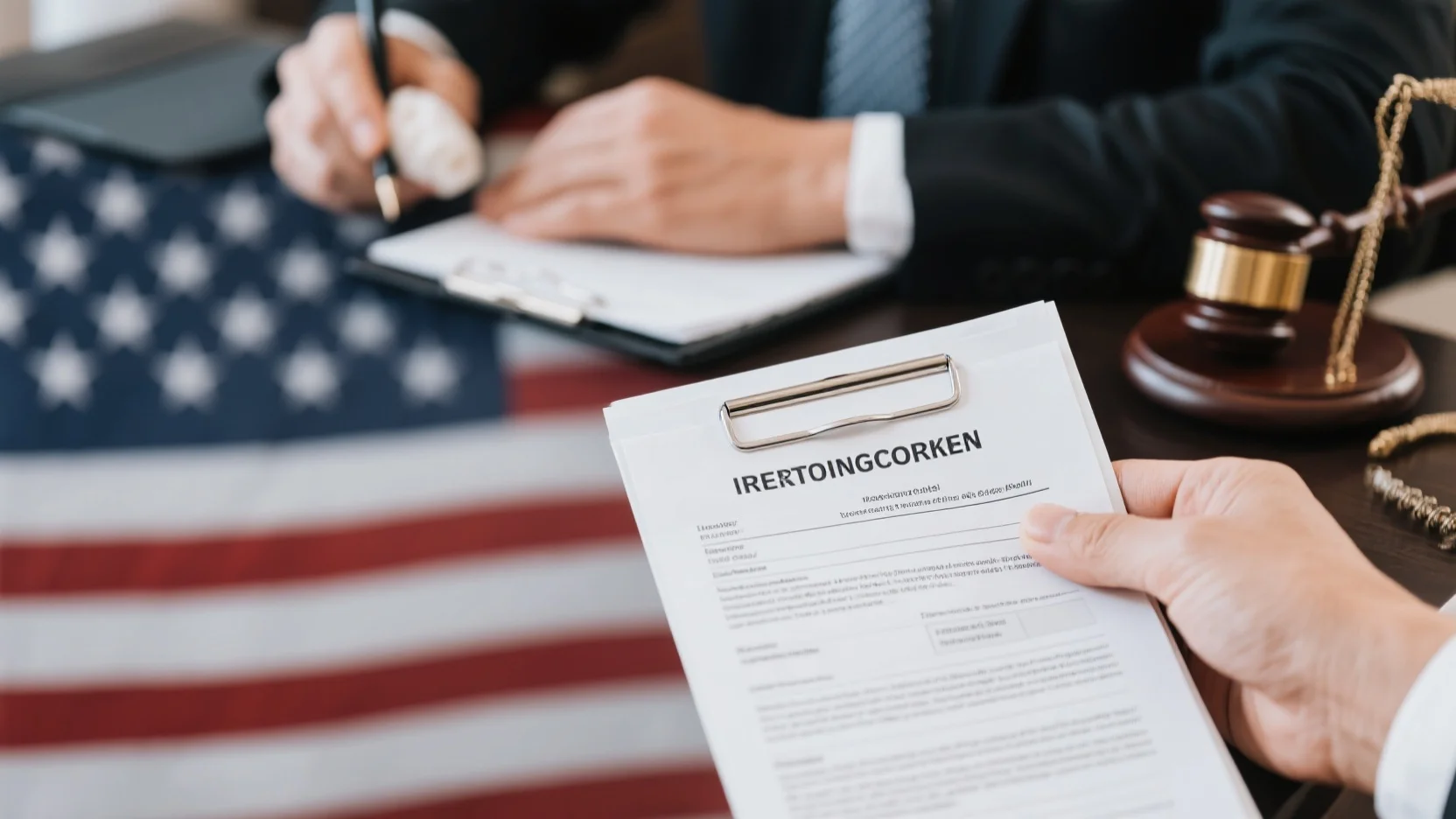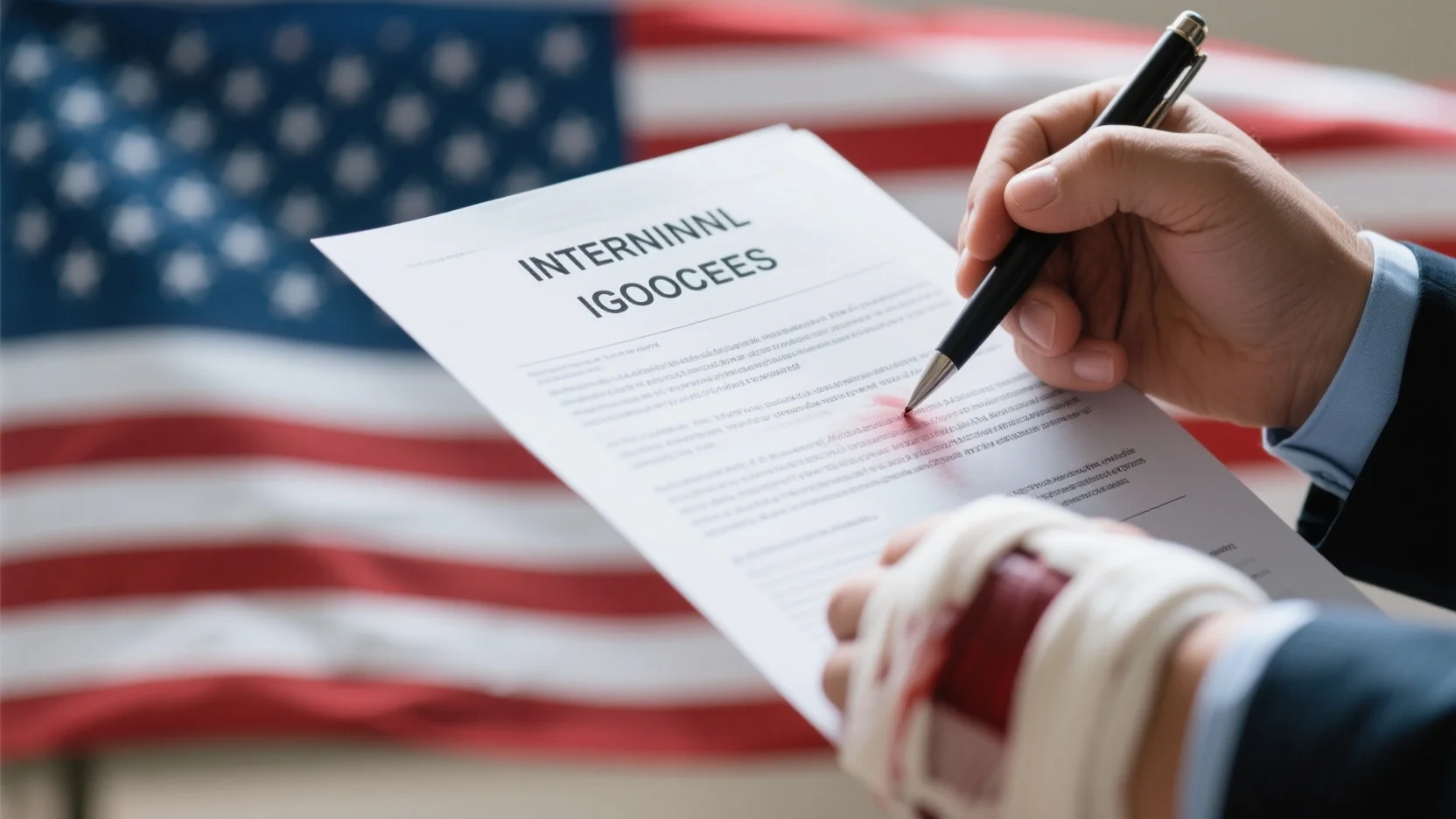
Image Source: pexels
Interstate Litigation: Legal Challenges and Strategies in Personal Injury Cases can be tricky to handle. Victims must prove fault, secure fair settlements, and combat claim denials. These challenges make achieving justice more difficult. By employing effective strategies and hiring experienced lawyers, victims can defend their rights and maximize their compensation.
Key Takeaways
- Picking the right court is very important. It can change how your case ends. Think about fairness, ease, and local rules when deciding.
- Team up with local lawyers who know state rules well. Their knowledge can guide you through tricky laws and help you win.
- Learn about each state’s personal injury laws. Know deadlines, fault rules, and damage limits to make your case strong.
Key Legal Challenges in Interstate Litigation
Jurisdictional Disputes and Their Impact
Jurisdictional disputes make interstate cases harder to handle. Choosing the right court can change the case’s result. Different courts have unique rules that affect decisions. For example:
- Legal Culture: Some states support victims, while others favor defendants.
- Jury Demographics: Jury members’ backgrounds can change how they see evidence.
- Judge’s Influence: Judges interpret laws differently, which affects decisions.
Picking the correct court needs careful thought. A wrong choice might hurt the case or get it dismissed.
Choice of Law and Its Implications
The choice of law decides which state’s rules apply. This choice can greatly affect personal injury cases. Things that influence this include:

- Agreements made by both sides.
- The state most connected to the accident.
- Rules and policies of the involved states.
For instance, time limits for filing cases differ by state. Some states limit how much money victims can get. Others use different systems to decide fault, like comparative or contributory fault. Knowing these differences helps build a strong case.
Procedural Variations Across States
States have different rules for handling cases, creating challenges. Filing deadlines, evidence sharing, and court rules vary. Missing a rule can delay or harm the case. Lawyers must adjust to these changes to keep the case on track.
Evidence Collection Across State Lines
Collecting evidence from other states is tricky. Each state has its own rules for sharing information. Common problems include:
- Different rules for gathering evidence.
- Concerns about privacy and confidentiality.
- High costs and time needed to collect evidence.
To solve these issues, lawyers work with local attorneys or hire national services. These methods help gather evidence while following state rules.
Interstate litigation: legal challenges and strategies in personal injury cases need careful planning. Solving these problems well can improve the chances of winning.
Strategies for Navigating Interstate Litigation
Picking the Best Court
Choosing the right court is very important in interstate cases. Many things affect this choice:
- Fairness: Some courts favor local parties, while others stay neutral.
- Convenience: Where witnesses and lawyers are matters for saving time and money.
- Rules: Different courts have unique rules for sharing information and costs.
- Special Remedies: Some courts offer special solutions, like protective orders.
- State Laws: Local laws can change how cases are handled, especially with governments.
- Judgment Enforcement: Finding assets and enforcing decisions is key in court selection.
Thinking about these factors carefully gives an advantage in interstate cases. Success often depends on picking the right court.
Working with Local Lawyers
Local lawyers are very helpful in interstate cases. They know state rules and court customs. They explain insurance laws and help understand rights. Their connections and access to local records improve case preparation. Their skills often lead to better results, whether settling or going to trial. Picking a lawyer with experience in interstate cases can make a big difference.
Using Expert Legal Help
Expert lawyers improve the chances of winning interstate cases. They know how to handle tricky claims across states. They help collect strong evidence like reports, photos, and medical records. Their negotiation skills get clients the most compensation possible. In interstate cases, having expert lawyers is very important.
Handling Different State Rules
States have different rules, so lawyers must adapt. They need to learn about deadlines, evidence rules, and court processes. Working with local lawyers and experts helps manage these differences. Staying prepared and flexible keeps cases moving smoothly and avoids problems.
Getting Ready for Interstate Personal Injury Cases
Learning State-Specific Legal Rules
Every state has its own rules for personal injury cases. Knowing these rules is key to building a strong case. Important points include:
- Statute of Limitations: States set different time limits for filing cases. These range from one to six years. Missing the deadline can mean losing the case.
- Fault Determination: Some states allow partial blame but still give damages. Others block recovery if the victim has any fault.
- Damage Caps: Some states limit money for pain and suffering or other losses.
Understanding these rules helps people and lawyers handle interstate cases better.
Keeping and Managing Evidence in Different States
Handling evidence across states can be tough. Problems include different rules, subpoenas, and privacy issues. To solve these:
- Work with local lawyers to follow state evidence rules.
- Use national services to handle subpoenas faster.
- Protect private information with secure digital tools.
Planning ahead and using smart strategies avoids delays and keeps evidence usable in court.
Building a Strong Legal Team
A good legal team is very important for interstate cases. Lawyers with multi-state experience understand tricky rules. They team up with local lawyers to prepare better. Paralegals and investigators help gather evidence and organize files. A strong team improves the chances of winning.
Staying in Touch with Your Lawyers
Talking clearly with your lawyers helps everyone stay on the same page. Regular updates keep clients aware of progress and plans. Tools like video calls and secure messages make communication easier. Clients should ask questions and share ideas to work well with their team.
Interstate personal injury cases can be tough, but good planning helps. Important steps include:
- Make a plan to handle court location issues.
- Use tools to keep evidence safe and organized.
- Learn about new laws that might affect the case.
- Talk clearly with everyone involved in the case.
Being ready makes claims stronger. Collecting proof like police reports and witness stories helps a lot. Skilled lawyers make hard steps easier and defend your rights. Getting expert help gives you the best shot at fairness and proper payment.
FAQ
What is the hardest part of interstate personal injury cases?
Picking the right court is often the hardest part. It affects how the case goes, legal plans, and possible payouts.
How do you find the best lawyer for interstate cases?
Choose lawyers with experience in many states. They should know court rules, work with local lawyers, and have success in personal injury cases.
Why is it important to know state laws?
Each state has different rules for deadlines, fault, and money limits. Understanding these helps follow the law and makes the case stronger for fair payment.
💡 Tip: Always ask a lawyer for help with tricky interstate cases.


